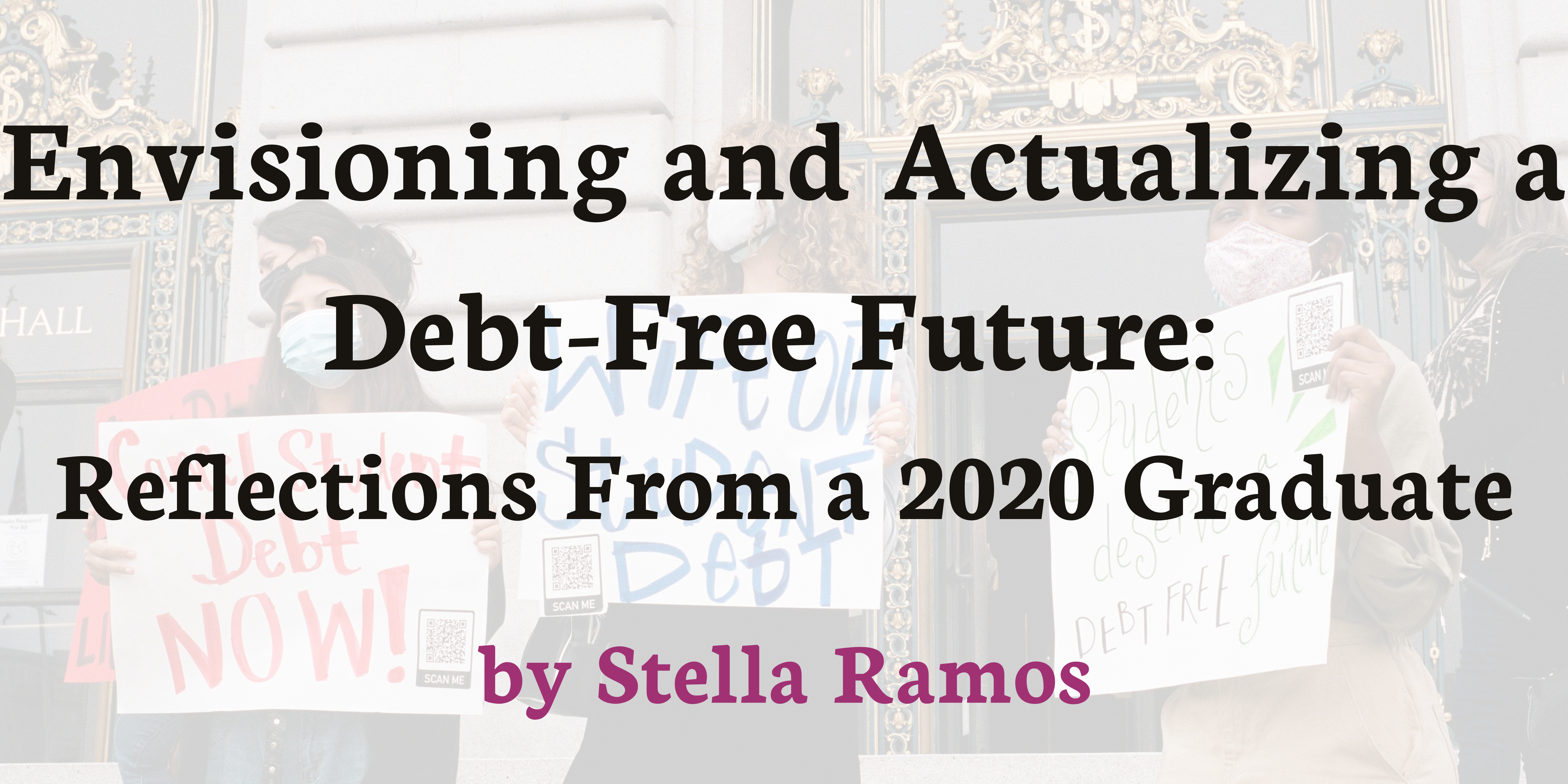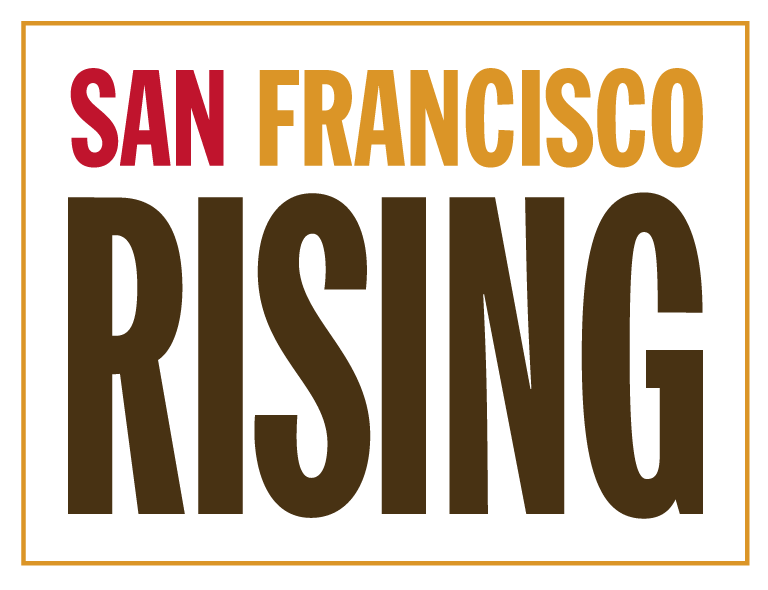by Stella Ramos
I sat at a dimly lit restaurant table across from my mom in New York City. It was only my second time visiting the East Coast, prompted by college visits to schools I hadn’t even finished applications for. We were sitting at the table awaiting our meals and dodging the cold dusk air with a relative who lives in the city.
“So, how much is normal?” I finally asked, as we tiptoed around conversations of FAFSA and financial aid, student and parent PLUS loans. I knew that my mother was paying off her own student debt from grad school and would have some insight.
At 17, it wouldn’t matter if someone answered $100,000 or $10,000 to my question, both sounded outrageously high and impossible to understand. The idea and inevitability of debt loomed over me, and I started to question if it would be worth it at all. I didn’t come from money, and my family spent much of my earlier years below the poverty line. In later years, I would begin to dip my toe in educating myself on credit, loans, debt, and investments — but even at 17 I knew that money had power, and that it was an extraordinary catalyst for conflict, stress, guilt, and shame. I knew that lack and scarcity had psychological and physical side effects, and that debt, even in the theoretical, would play a powerful factor in how I made decisions about my future.
I graduated from Occidental College in Spring of 2020, nearly 4 months to-the-date after the first confirmed COVID-19 case in the U.S., with $9,000 in debt. A number, I was told by family and friends, I was lucky to have. Many people I knew had much larger numbers towering over them, and simultaneously we were all facing the stress of the unfolding pandemic and the worsening economic conditions caused by it.
The compounding realities shaping my life left me confused, isolated, and overwhelmed. I knew that education was a basic right, and that all people deserved access to the higher education experience they desired — without candlelit dinners making them cower in fear at the idea of lifelong debt. But I also knew that education wasn’t paying off the way it should, so that we had debt but not earning power. Offering higher education with a lifetime of debt attached to it is not truly offering equitable, sustainable, or worthwhile higher education.
When I graduated, I had a pretty nihilistic view of life. I was locked down in a top-floor duplex with no living room and two roommates. We were in an economic recession with leadership I vehemently opposed, and I had no idea what I wanted my future to look like, or what forces would shape it.
With time, I’ve realized that my debt-induced nihilism was also restricting me from envisioning what my world could look like with hope, how the future of those I loved would play out, and how higher education would progress in the future. I know that it’s possible to do more than pause student-loan payments a few months at a time. It is possible for President Biden to cancel all student debt by executive action, and this would help my peers, predecessors, and so many others like me who have struggled to see a brighter future during this pandemic finally envision a life for ourselves free from the burden of debt. President Biden has the opportunity to help us achieve those brighter futures. He must cancel debt before May 1st.



